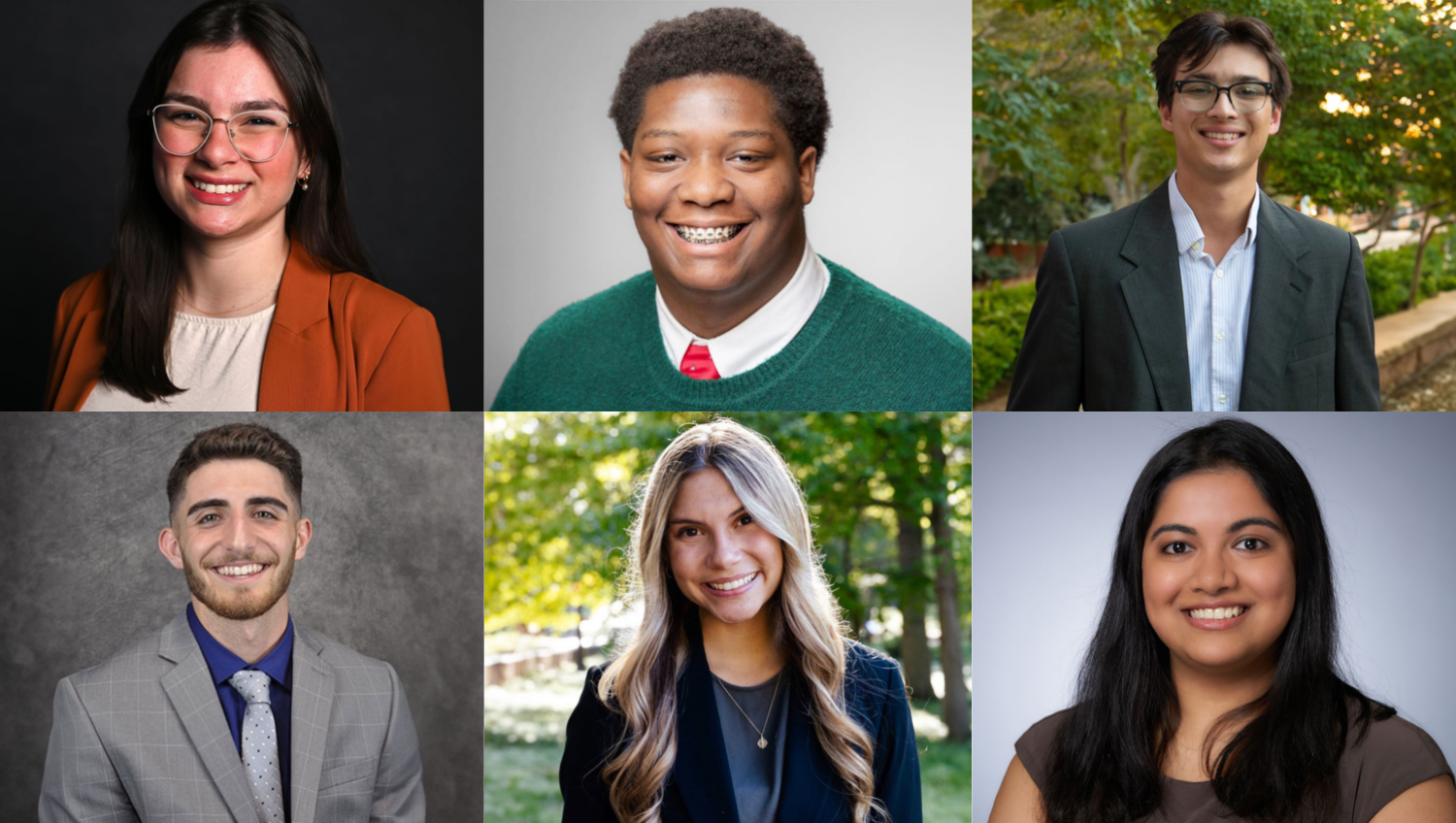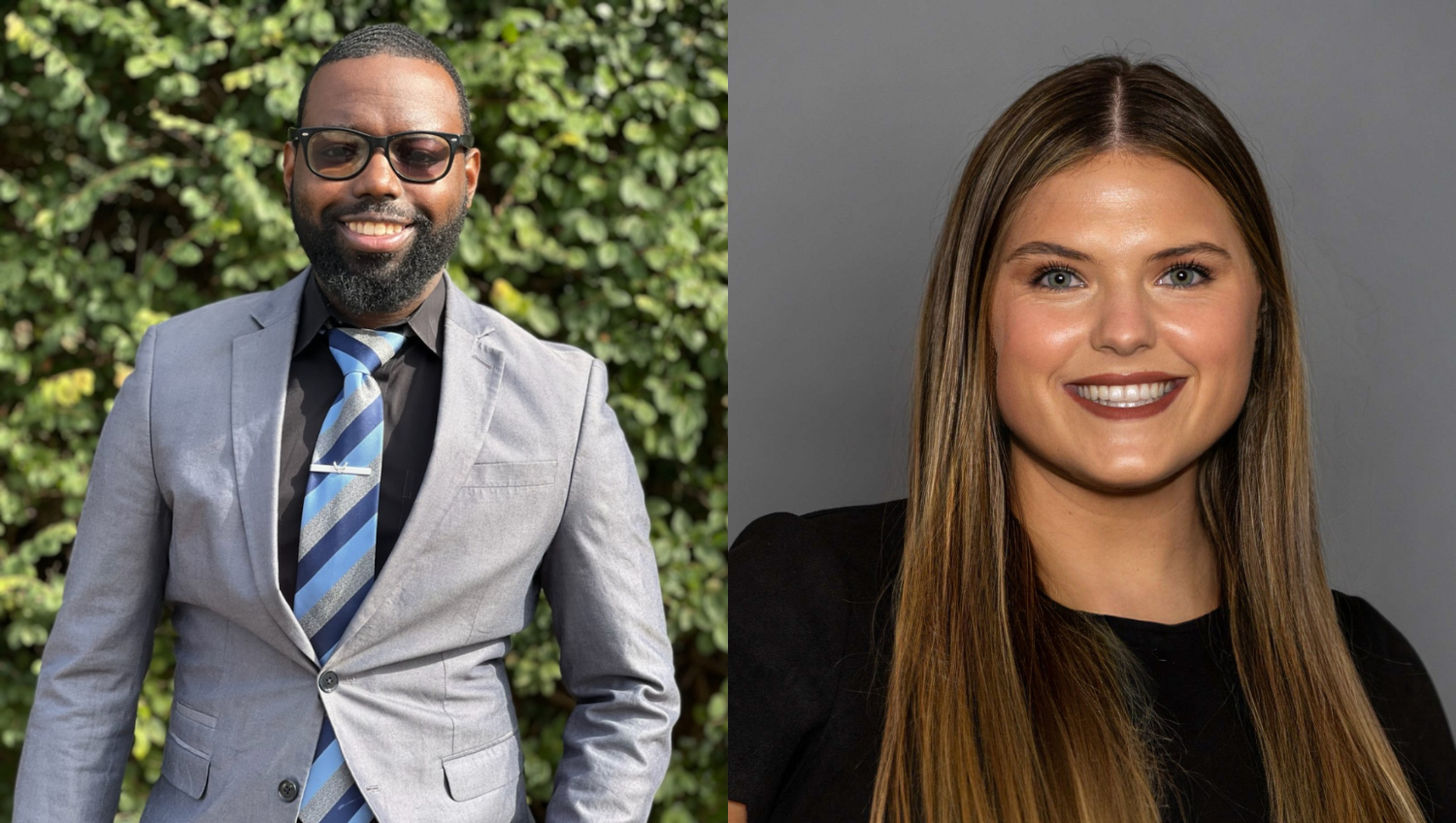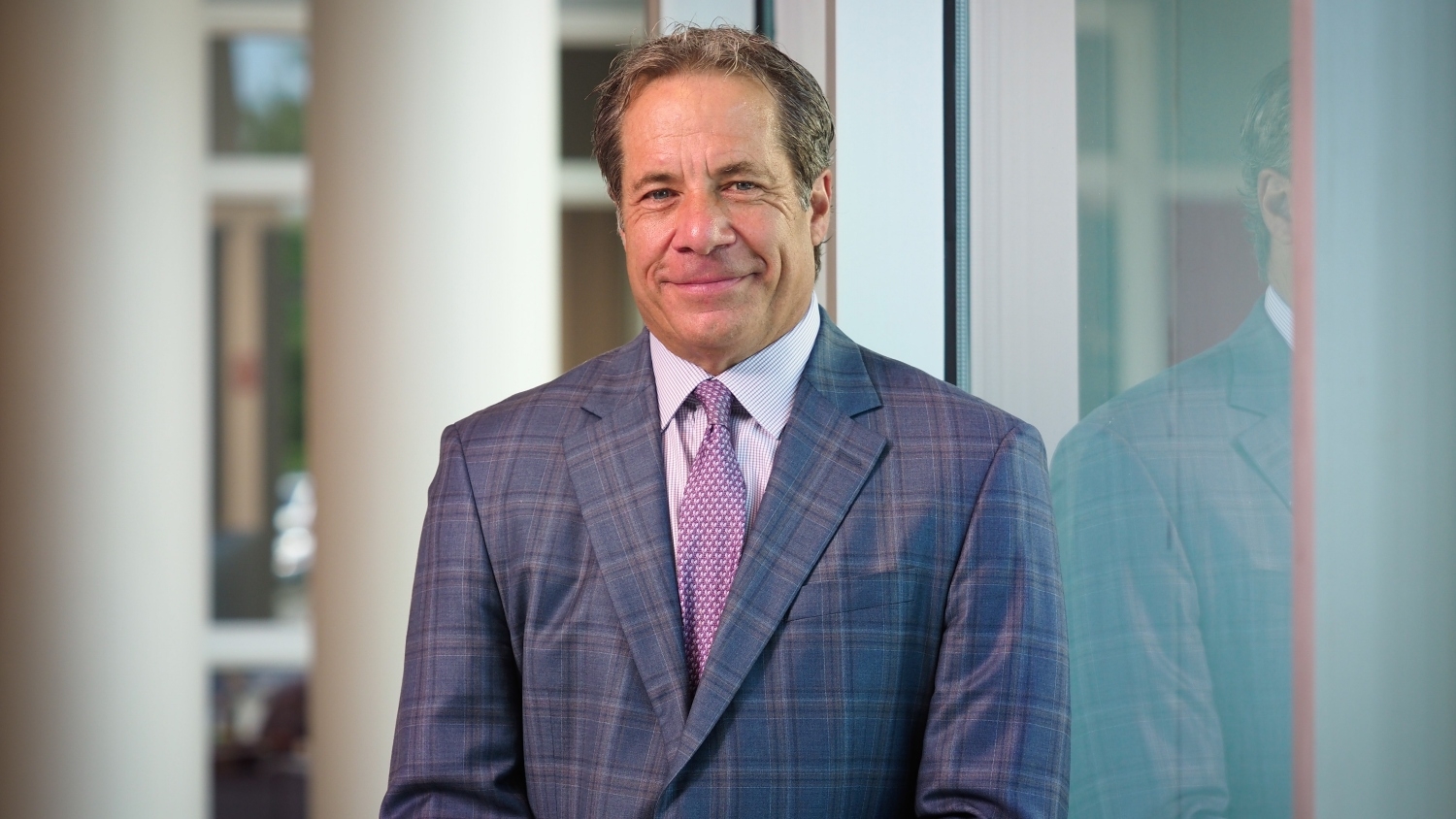Sara Hess: Applying skills, energizing communities
For her last spring break before graduating in May 2014 with accounting and business degrees from NC State, Sara Hess headed to Hoonah, Alaska, where she served in the local school system as a teacher’s aide. The community is located on Chichagof Island in southeast Alaska, 30 miles west of Juneau.
This was one of nearly two dozen U.S. and international service options available to students through NC State’s Alternative Service Break program, managed by the Center for Student Leadership, Ethics and Public Service (CSLEPS).
While her assignment at the school in the Alaskan Tlingit community was not related to her studies, Hess said she did draw on knowledge gained in her majors in accounting and business administration at the NC State Poole College of Management, including her concentrations in financial analysis and human resources, for her role on the student team.
“I did all of the finances for the trip,” Hess said. “I was able to apply budgeting tips I learned as a finance major when working with the budget and figuring out what we could and couldn't afford. I utilized things I learned in my human resource classes to apply criterion-based selection to selecting the members of the ASB team,” she said.
Hess later drew on that experience when interviewing for jobs. “I really feel like being able to speak (about) the financial things I did for the Alaska trip helped me land my job in finance and accounting,” she said.
When reflecting on the experience, Hess starts first by commending the other members of her team, saying, “all of them were so talented in all different fields and really exceeding in their lives at State,” she said. “It made me feel so much pride in State that I went to college with such impressive people.
“The opportunity to serve the people of Hoonah was a lesson, too,” Hess said. “I learned how much the right teacher makes all the difference and how personal attention with a student can really shape their mastery of a subject.”
Hess and her teammates also learned of the community’s language and traditions. “The people of Hoonah taught me the importance of living simple and appreciating people more than things,” she said.
An anonymous CSLEPS survey following the ASB showed that “Everyone loved their experience at Hoonah,” Hess said. “They all took from the trip different things. Some realized how connected all people are no matter where they live. Others formed deep connections with the students and elders in the community and were deeply affected by the sense of community they felt in Hoonah,” she said.
“As we were leaving, a woman in the community told us about how she was getting texts, phone calls, and messages from people telling her how much they loved State students' presence in Hoonah. The woman also said that people were holding their heads higher, the children had a renewed sense of energy and elders that never laughed were laughing again. I think if NC State can continue going to Hoonah, it will only strengthen the bonds between the Hoonah people and NC State and make the trip that much more meaningful for the students to come.”
Hess also learned several personal lessons, including:
- How to work when things don't always go your way or when you don't have all the information. For example, she said: “It's difficult to contact people in Hoonah because cell service and communication is hard to come by. Because of this, we weren't always able to give our team a full picture of what was happening.”
- When leading, it's important to be honest with your team, give them up to date, truthful information, and always remain calm in circumstances. “This trip taught me to deal with differing personalities as a leader,” she said.
- NC State isn't about just what you learn in the classroom.
“NC State gives you so many opportunities to broaden your horizons and get a well rounded education outside of the classroom,” Hess said. “The ASB in Hoonah," she said, “was one of my top experiences while being a student at NC State.”
Hess provided her comments in an email interview for this story.


